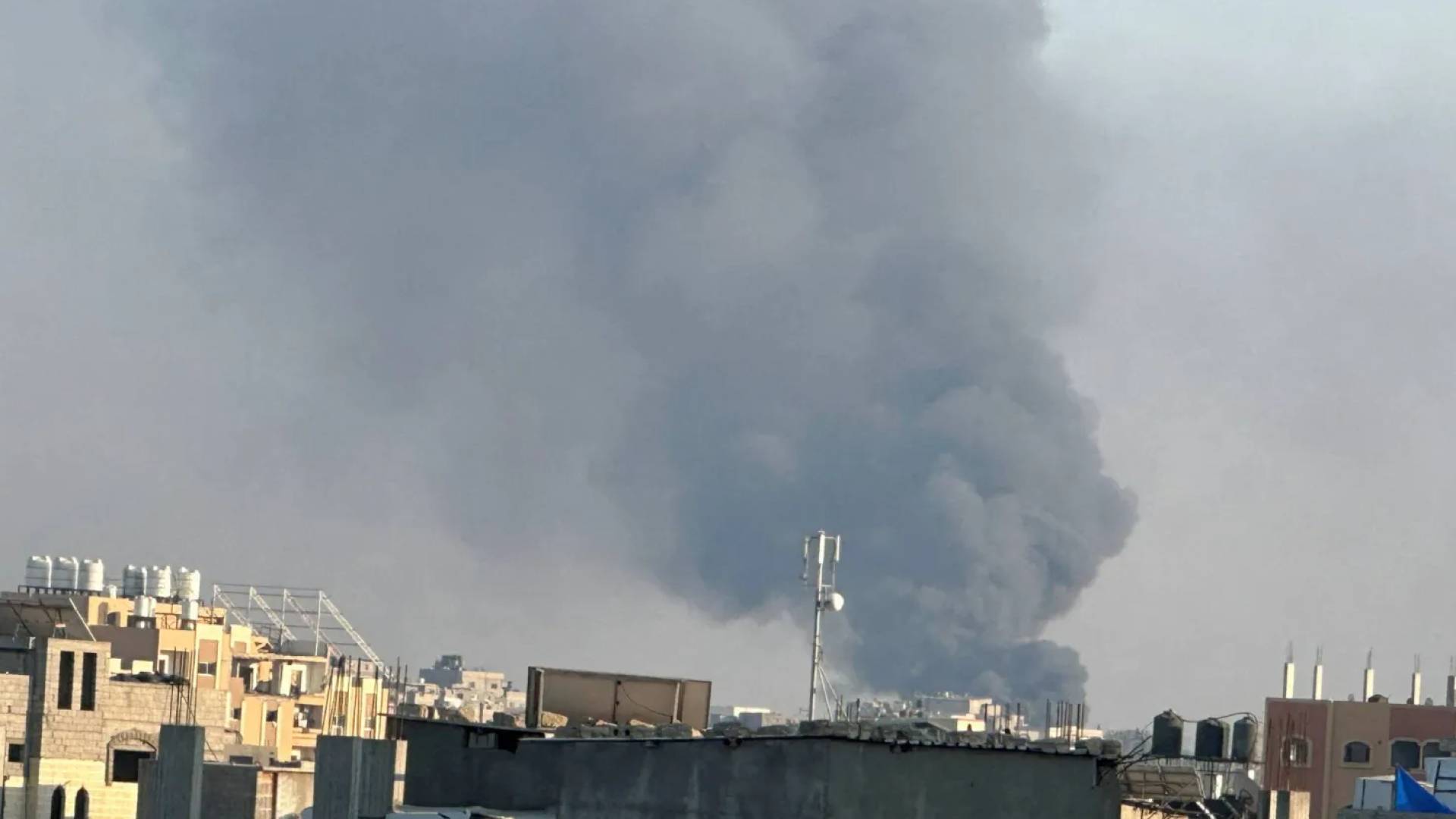Fragile Gaza truce shaken by deadly Rafah blast: Everything you need to know
Earlier Sunday, two 'Israeli' soldiers were reportedly killed in southern Gaza’s Rafah area in what 'Israel' described as a serious breach of the recent ceasefire.
The explosion targeted an 'Israeli' engineering vehicle, with initial reports suggesting it was caused either by an anti-tank missile or a planted explosive device.
In response, 'Israeli' forces launched airstrikes against targets in Rafah. The 'Israeli' army confirmed that its air force conducted strikes on what it described as “resistance targets,” and large reinforcements were reportedly dispatched to the area. However, 'Israel’s' Channel 12, stated the strikes were also aimed at protecting a local militia led by Yasser Abu Shabab.
Media outlets affiliated with Hamas reported that the operation in eastern Rafah targeted Abu Shabab, who allegedly leads a militia operating with 'Israeli' support. Hamas sources noted that the militia operates within a zone under 'Israeli' control as defined by the ceasefire agreement, but offered few additional details about the attack.
Later, in response to those reports, Qassam Brigades, the military wing of Hamas, issued a statement reaffirming its full commitment to the ceasefire and denying any knowledge or involvement in the Rafah clashes. The statement emphasized that communication with units in the area has been cut off since the resumption of hostilities in March and described Rafah as a “red zone under full Israeli control.”
“Therefore, we have no connection to any events occurring in those areas, nor can we contact any of our fighters there, if any remain alive,” the statement said. The declaration presents a direct counter-narrative to 'Israeli' claims and raises questions about the nature of the Rafah incident.
Due to the 'Israeli' airstrikes, the Ministry of Health in Gaza reported that eight people were killed in the past hours in the region.
The incident marks a critical juncture for the fragile truce, highlighting sharply conflicting narratives and the potential for renewed escalation. As both sides navigate the fallout, diplomatic efforts may be crucial in preventing the collapse of the ceasefire.




